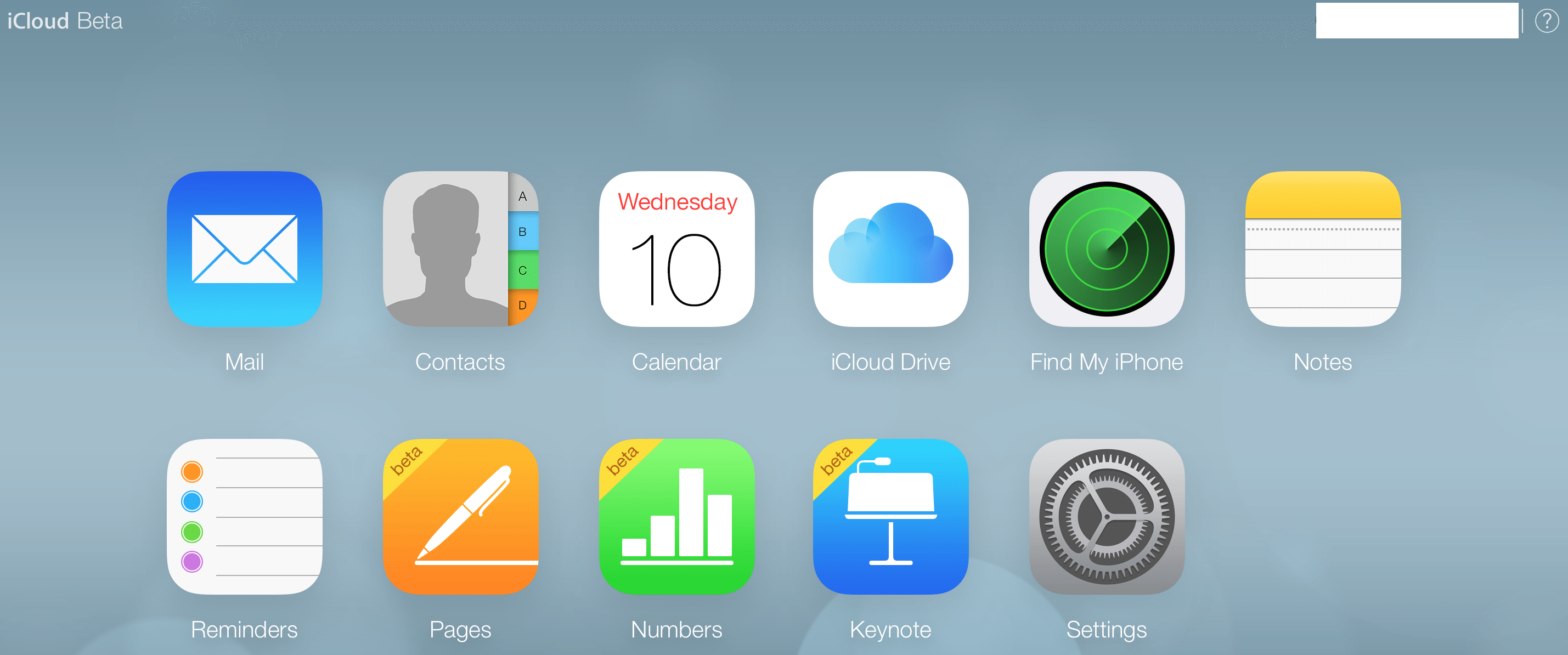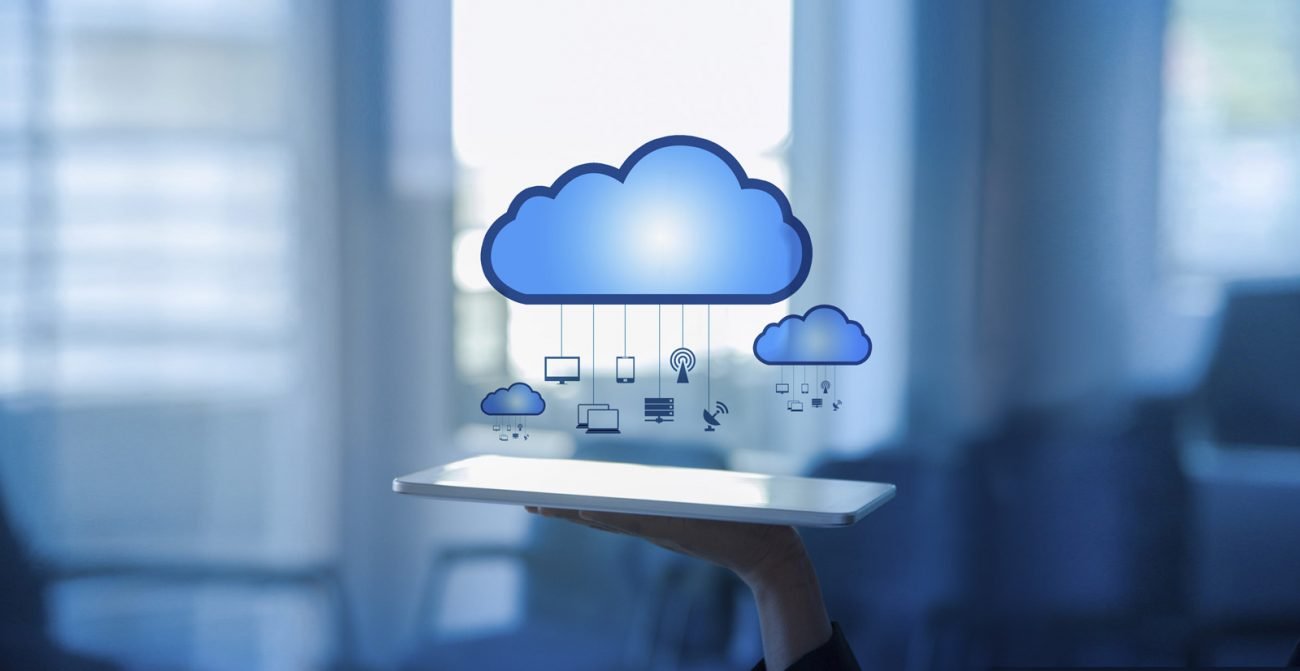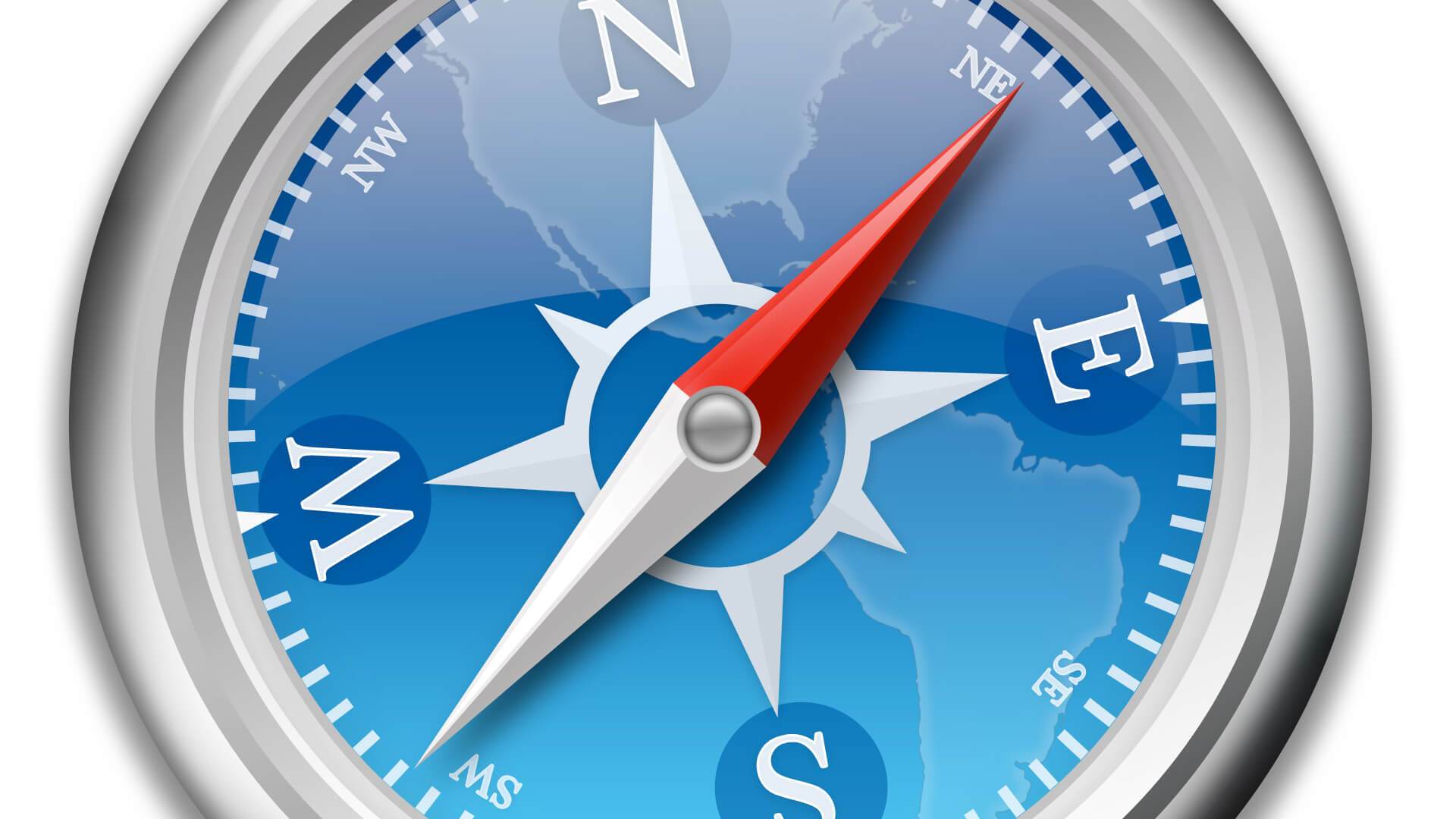This weekend, I visited a friend who has replaced his Blackberry Playbook with an Android HTC Sense tablet. I was delighted to play around with the device and with open thoughts. I have to mention that I was blown away by how the whole HTC Sense (Android 4.0) felt. It is surely tremendous. As I browsed through the options, one element dawned on me, which is – that it’s by far the handiest count of time before we begin seeing Android on Desktop PCs. Such changed into the herbal sense. The key query is: how are different tablet running systems (OS) competing with Google Android? I think it will be tough, especially for Blackberry maker RIM. As RIM maintains begging for greater time to launch a reputable finished working device for both their telephone and tablet devices, Android is moving slowly in viral mode. While this text is based totally on the Tablet marketplace, it may be the usage of smartphones and tablets interchangeably because they float directly into one another.
Android vs. Blackberry
This is no context. As much as I cherished Blackberry devices, they’re out of touch with new needs. As I said earlier, RIM is pushing the following primary to revamp their smartphones to Q2. That doesn’t be formidable properly for an already struggling agency. RIM’s commercial enterprise version is the primary killer. The reality that they manage the fully eco-device of hardware and software has ended in expectation overload. At the same time, Google can use sincere recognition to prepare Android while producers work on how satisfactory to offer it on their hardware. Let’s move on rapidly to the real challenges… IOS and Windows eight pill.
Android vs. iOS
Today, Apple’s iPad, which runs iOS, is the biggest opposition to Google’s Android. IOS became the benchmark when it launched;wever, it is going through intense competition from Android regarding cooked feature capacity and customization. In addition, it makes matters complex for Apple; they seem to be walking along the identical route as RIM’s vintage commercial enterprise model of tightly controlling each hardware and software.
I don’t assume this may maintain up properly in the warm pill marketplace. It might be tough for Apple to be as revolutionary as Google in that branch, and history confirms this if we observe the impact Android has had inside the cell phone area. To further quantify the point that I’m trying to make, Apple dropped from sixty-five % to 54% between September and December 2011. The main beneficiary issuing th, which from five to thirteen for the same length.





















